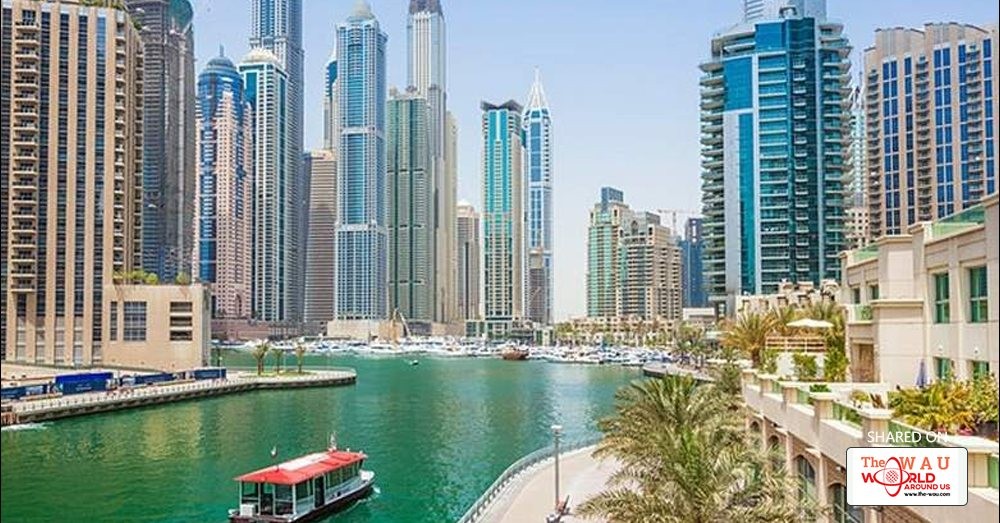Finding the perfect apartment in Dubai can mean talking to at least six to seven real estate agents, and checking out at least 20 flats before you shortlist the one that you love.
While it might be a relief and you might be tempted to sign on the dotted line immediately, don't forget to ask these questions to your landlord. These are the things your landlord will not bother sharing with you unless asked for!
Is your chiller free?
In Dubai, where the climate is hot for the most part of the year, air conditioning or chiller is a pre-requisite you need to look into before renting an apartment. Some flats in Dubai come with free chiller and the tenant only pays for actual consumption of electricity to DEWA. While in some buildings with individual chiller meters, residents receive their own monthly bills and might have to pay for it. In these cases, try to get a reduction in the rent cost if you are taking care of the chiller expense.
The new building coming up next door
You might find the apartment cozy during your visit and quiet, away from the busy roads, but what you must look out for is any new construction coming up in the vicinity. The landlord might not inform you about it but a new construction site might disrupt your sleep as the work goes on around the clock.
Increase in rent
Not many tenants know but the increase in rent in Dubai is regulated by the RERA's Rental Index and not at the discretion of the landlord. You can check the RERA calculator online to know the rent rise. The landlord will give the tenant 90 days' notice period before renewing the contract. The tenant can opt to either accept the rent rise or refuse it by giving the landlord 60 days' notice before renewal of the contract.
Repair cost
Scrutinize the flat carefully for leaks or repairs before you take the keys. Once you move into the apartment, it is a usual practice for the tenant to bear all minor repair costs. Any cost above it is borne by the landlord. If you are lucky, your building maintenance might bear all the repair expenses. Make sure to add the arrangement you have entered with the landlord regarding repairs in your contract to avoid any disputes.
Deposit and maintenance expense
The landlord will pay you back the deposit once you hand him over the keys after vacating the apartment. Here is the tricky part - they might point at minor wear and tear in the apartment and hold back your deposit for repairs. Make sure to log in the condition of the apartment in a detailed condition report, signed by both parties, before accepting the flat. This can avoid future conflicts.
Pending maintenance bills
Most buildings follow strict rules regarding payment of maintenance and might not allow you to enjoy amenities like gym, swimming pools, etc. if your landlord hasn't paid in months. Do make sure any pending costs are paid before you move in.
Share This Post















